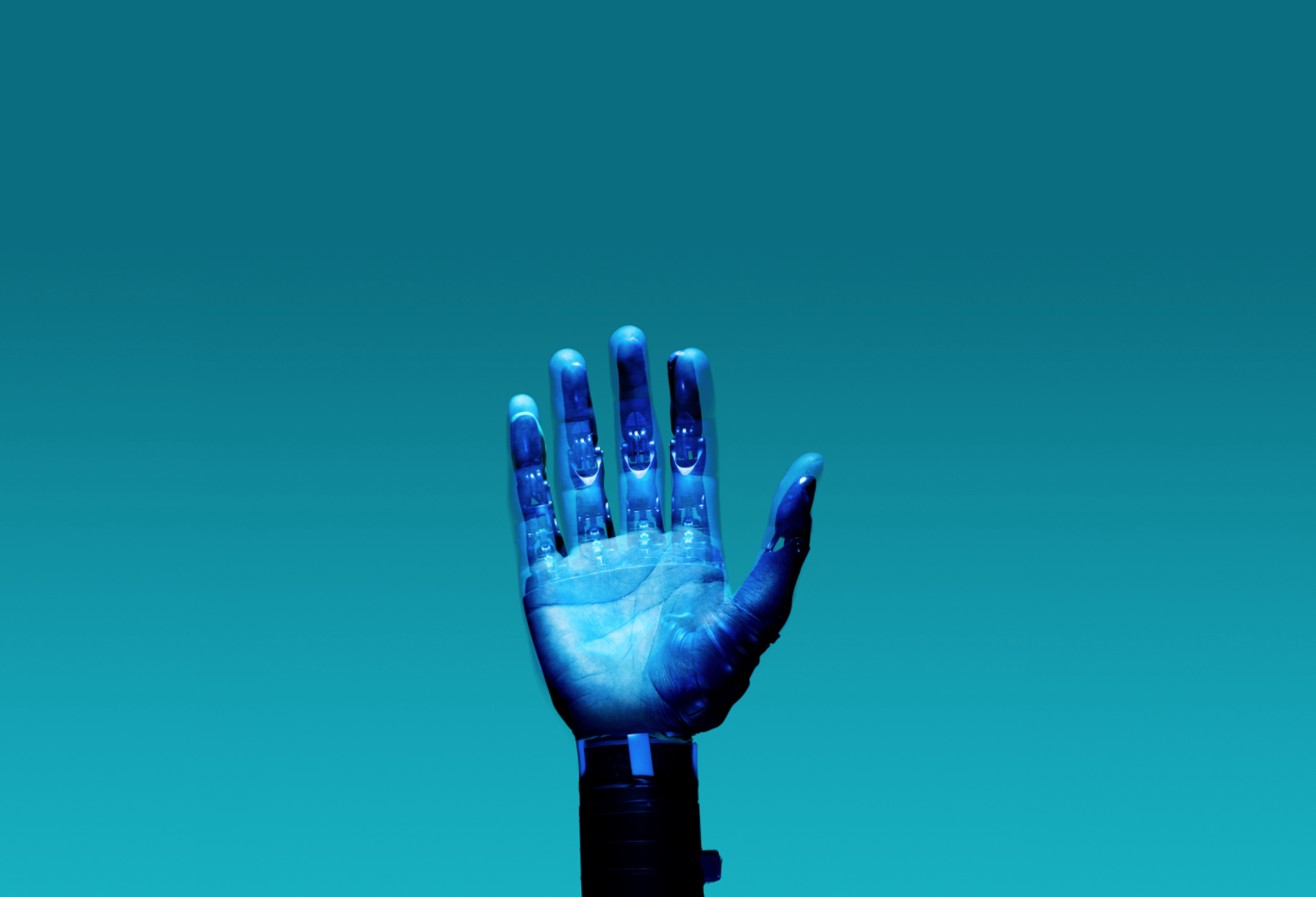
Technically Human is a podcast about ethics and technology that
asks what it means to be human in the age of tech. Each week, Professor Deb Donig interviews industry leaders, thinkers, writers, and technologists, and asks them about how they understand the relationship between humans and the technologies we create. We discuss how we can build a better vision for technology, one that represents the best of our human values.

Socio Paths: Navigating the terrain of sociotechnical systems
In this episode of "Technically Human," I host Chris Leong and Maria Santacaterina for a conversation about the growing pervasiveness of sociotechnical systems. You may not know the term "sociotechnical system," but if you've booked a flight online, tried to reach an agent on the DMV's hotline, or tried to contact your congressperson, you almost certainly have interacted with one of them. How have sociotechnical systems changed the way we access services, the way we spend our time, and the way we interact with one another? What are the benefits--and the consequences--of living in a world increasingly organized and processed through these systems?

Outside Voices: Transcisciplinary Approaches to Ethics and Technology
Welcome to another interview in the "22 Lessons in Ethics and Technology" series! In this episode, I speak with Dr. Pavel Cenkl, about the need for intellectual diversity and multidimensional approaches to technological solutions to the major problems of our time. Professor Cenkl discusses how the major problems we face require that we bring together people trained in a wide variety of approaches. Focusing on environmental issues--climate change, ecological destruction, and the possible proliferation of future pandemics--we consider how ethical approaches to technology depend on thinking across boundaries of ideas and including voices across a variety of institutions, cultures, and experiences.

The Age of Posthumanism
Welcome to our 3rd episode of the "22 Lessons on Ethical Technology" series! We will be releasing new episodes in the series every first and second Friday of the month through the duration of the series. In this episode, I sit down with Dr. N. Kate Hayles, one of the founding theorists of posthumanism, a key term to understanding the changing and dynamic relationship between humans and machines in the digital age. What is the role of the Humanities in understanding our relationship to technology? How have our technological innovations have changed the nature of “the human?" And what is the future of the human relationship to our machines--and to our understanding of ourselves?

What it Means to Care: Ethical medicine in the age of tech with Dr. Robert Pearl
In this episode of "Technically Human," I give my mic over to two guest hosts, David Geitner and Roman Rosser, to interview Dr. Robert Pearl about the intersection between tech, medicine, and our health. Dr. Pearl answers questions about the way that technologies are radically reshaping health care; the hosts ask questions about bias in medicine; and the group discusses the ways in which our current system fails to treat us, well, WELL.

The age of privacism
In this episode, I sit down with Dr. Michael Huth to talk about the ethics of data collection, privacy, and the new age of “privacism.” We talk about his new platform, Xayn, we discuss what it looks like to build a company based on ethical principles like privacy and user autonomy, and Michael explains why we should care about our privacy online.

From Tech to Action: Are our technologies changing our ethics?
Welcome to our very first episode of the "22 Lessons on Ethical Technology" series! In this episode, I sit down with Dr. Herman Tavani to introduce some of the foundational principles of ethical technology, particularly in computing and digital contexts. We focus on how the current need for an ethics of technology developed, and the debates and key moments that gave rise to the current debates about ethics and technology.

Defining ethical technology: Urgent debates, global dilemmas, and key definitions
Welcome to our very first episode of the "22 Lessons on Ethical Technology" series! In this episode, I sit down with Dr. Herman Tavani to introduce some of the foundational principles of ethical technology, particularly in computing and digital contexts. We focus on how the current need for an ethics of technology developed, and the debates and key moments that gave rise to the current debates about ethics and technology.
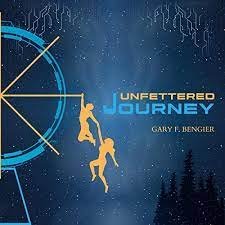
Gary Bengier’s Unfettered Journey
In this episode of “Technically Human,” I interview Gary Bengier, the author of the award-winning science fiction novel, Unfettered Journey. We talk about the relationship between his prior work as a technologist, and his current career as a writer of science fiction; we talk about the relationship between technology, philosophy, and science fiction; and we talk about the possibility of making moral choices in a world governed by deterministic technologies.
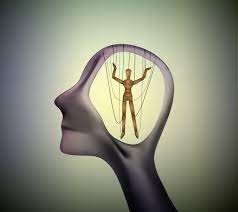
Command Code: Ethics, technology, and the debate about free will
In an age of algorithmic predictions, with tech companies and digital technologies that can anticipate and pinpoint our every move, can we still have free will as we know it? What happens to free will when our genetic technologies can plan what we’ll look like, how physically able we will be, and even who we’re likely to become? How free really are our actions when where we decide to eat is influenced by review sites that promote paid sponsors; where how we spend our money is dictated by data giants who tell us what we should like; and where even who we love is determined by algorithms on dating apps? How do we understand freedom of thought, and action, in an age where our biotechnologies not only record, but also predict and proscribe, how thoughts move around in our mind, and how they become actions? To understand these questions, I turned to David Lawrence, the author of “Are We Biochemical Robots.” Here’s our conversation.

New! The “22 Lessons on Ethical Technology” Series
Hey Technically Human listeners! We’re very excited to introduce a special series of episodes that we’ll run throughout the year—“22 Lessons on Ethical Technology for the 21st Century.” The series features 22 of the most important thinkers at the intersection of tech, ethics, and human values, from around the world. Over the series of these 22 interviews, we hope to bring you a panoramic picture of how technology is changing what it means to be human—and how essential features of human society--like art, culture, philosophy, politics, and justice are entangled with tech culture and production. We hope you’ll stay tuned.
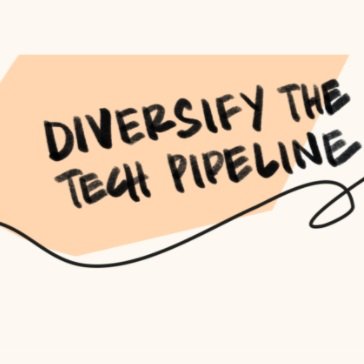
The Future of the Ethical Technology Workforce
For our last episode of the season, I sit down with Rebekah Tweed to talk about the topic that has animated my research for the past year: The future of what I have been calling the new profession of ethical technology. Rebekah Tweed is the creator of the Responsible Tech Job Board, which features roles that are focused on reducing the harms of technology, diversifying the tech pipeline, and ensuring that tech is aligned with the public interest. We talk about the reasons and history behind this growing new profession, what it means for the future of tech, and how workers can leverage their skills into jobs in this sector.

Battery Power: Dr. John Cooley on the technology replacing fossil fuels
In this episode, I talk to Dr. John Cooley, CEO of Nanoramic Laboratories, a company reinventing the transportation industry with new battery technologies to replace fossil fuel consumption in our car economy. We talk about the relationship between ethical innovation and financial success, the state of the auto industry's transition to battery power, the controversial ethics of battery technology, and the growth of the climate tech industry and environment

Disconnect: Millennials, media, and mental health
This week, I’ll turn the mic over to two guest hosts, for a conversation about mental health and technology with Dr. Elizabeth Barrett, licensed family-marriage counselor, author, and Cal Poly professor. Cal Poly “Technically Human” students Katelyn Travis and Katrina Loye interview Dr. Barrett to discuss the modern implications of digital technologies for family and romantic dynamics.

The Clean Meat Revolution
In this episode, we take a deep dive into the technology of “Clean Meat,” with Paul Shapiro. We talk about the ethics of eating non-human animals, the technological history that led to factory farming and the technology that is allowing human animals to eat meat, in what we might call the "Clean Meat" revolution--a term that nods to the clean energy revolution that has transformed the energy sector.
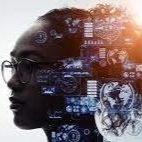
Intercode: Part 2
This week's episode is the second episode of a 2 part series of Technically Human. Over the next two episodes, I speak with the six women/nonbinary/trans individuals of the new collective “Intercode” about their experiences transitioning into the tech industry after leaving established careers. They share their stories about what led them to decide to leave their established careers and retrain as technologists through the Grace Hopper Coding Academy, a program specifically targeting women/nonbinary/trans individuals who want to learn how to code to pursue careers in the tech industry.
Intercode is a collective of voices exploring how the intersection of identity and privilege impacts every facet of the tech industry–including access, culture and the ethics governing the space. Through candid conversation and writing, we work to tackle the ways current DEI efforts can still fall short in fostering inclusive and equitable spaces.

Intercode: A panel discussion about gender and transitioning into tech
This week’s episode is the first of a 2 part series of Technically Human. Over the next two episodes, I speak with six women/nonbinary/trans individuals about their experiences transitioning into the tech industry after leaving established careers. They share their stories about what led them to decide to leave their established careers and retrain as technologists through the Grace Hopper Coding Academy. We talk about what tech represents for those who have been historically excluded from it, and their decision to launch their new collective, ”Intercode,” a platform that seeks to establish a community for Womyn+ in tech to share their stories and forge new connections.

Technology For Life: Disaster relief and life-saving tech
In this episode of “Technically Human” I talk to Dov Maisel, the cofounder of United Hatzalah, an organization that leverages technologies to provide disaster relief around the world when crisis strikes—in Haiti, Florida, Nepal, Israel, and right now, in the devastating war in Ukraine. We talk about United Hatzalah’s ethic of providing free emergency care to all people, regardless of race, religion, ethnicity, or nationality, we talk about how technologies are changing the terrain of disaster relief, and we discuss how existing technologies can be transformed into life-saving ones.

AI for the Developing World
In this episode, I interview Prateek Joshi, Founder and CEO of Plutoshift. We talk about the importance of local and cultural knowledge in a global tech economy, the ethical obligations of technological producers in the West to technological development in developing countries, and how AI transforming the landscape of the developing world.
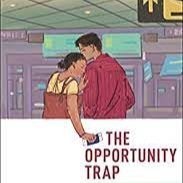
The Opportunity Trap: tech’s visa problem
In this episode, Dr. Pallavi Banerjee joins me to talk about her new book, The Opportunity Trap: High-Skilled Workers, Indian Families and the Failures of Dependent-Visa Program. We talk about the role of immigrants in American tech culture, the challenges that immigrants coming to the U.S. to work face in the immigration process, and the need to think about what "tech" is, beyond our just technological products.

Market Values: Dr. Steven Kelts on corporate ethics in the tech industry
We are back, with another season of “Technically Human.”
For our first episode of the season, we're bringing you a conversation with Dr. Steven Kelts. We talk about corporate ethics, we debate the role of values in tech culture, and Steven plays "optimistic cop" to my "cynical cop," to argue that he's hopeful for, and excited about, the future of ethics in tech culture.
